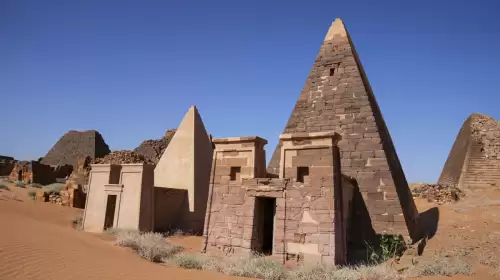IHH Opens 1,185 Water Wells in 15 Countries
The Humanitarian Relief Foundation (IHH) has made a significant impact by opening 1,185 water wells in 15 countries during the year 2024. This initiative has helped provide clean and safe drinking water to over 500,000 individuals, addressing a crucial need for communities facing water scarcity.
Global Water Crisis and Migration Concerns
With the World Health Organization (WHO) warning that around 700 million people might face displacement by 2030 due to drought conditions, the importance of sustainable water solutions like the ones implemented by IHH becomes increasingly evident. The scarcity of water resources is not only triggering forced migration but also contributing to the spread of infectious diseases in vulnerable populations.
Continued Efforts in Africa and Asia
In addition to the wells established in 2024, IHH has been actively involved in constructing water wells in Africa and Asia to further expand its impact. The ongoing construction of 180 water wells in 9 countries demonstrates the foundation's commitment to long-term solutions for water accessibility.
IHH's Long-Term Impact and Reach
Since its establishment in 2000, IHH has successfully opened a total of 15,389 water wells in 42 different countries, benefiting millions of people worldwide. These wells not only provide clean drinking water but also support various agricultural, livestock farming, and livelihood activities in regions facing water scarcity challenges.
Geographical Distribution of Water Wells
In 2024, IHH's water wells were strategically spread across 15 countries, including Afghanistan, Benin, Chad, Ivory Coast, Ghana, Guinea, Cameroon, Kenya, Mali, Malawi, Niger, Nigeria, Tanzania, Togo, and Uganda. This wide geographical distribution ensures that a diverse range of communities can access clean water resources for their daily needs.





